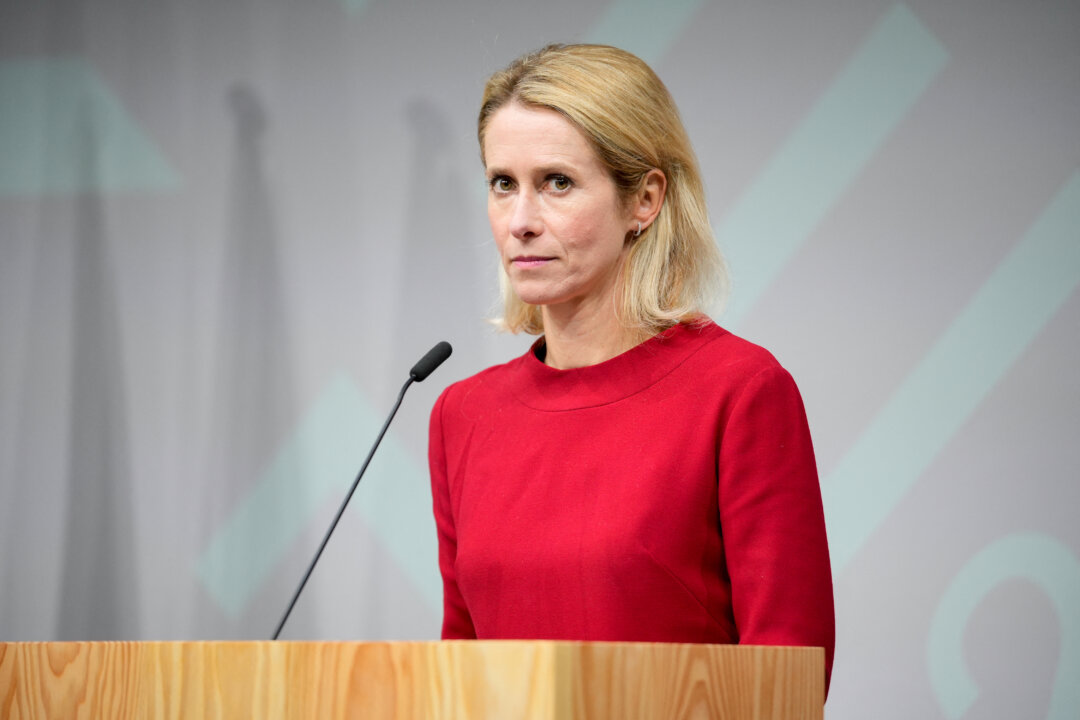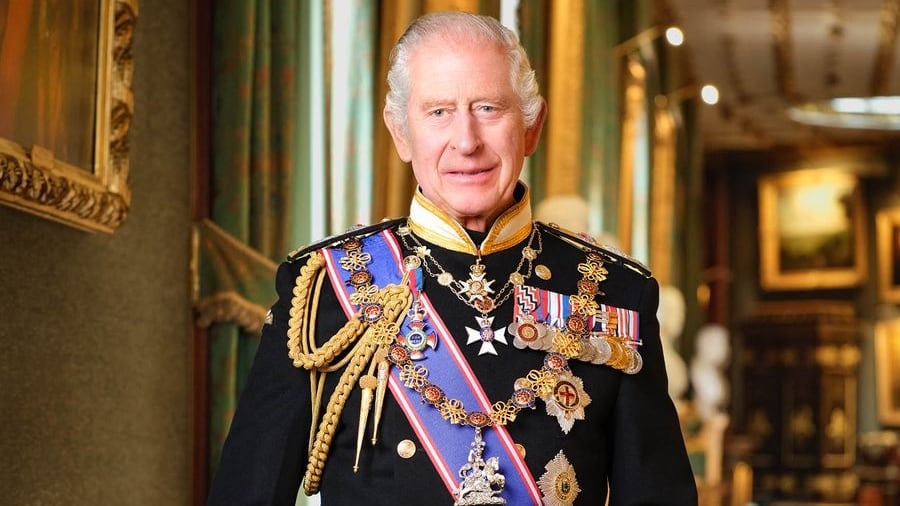UPDATE: The European Union could welcome new member states as early as 2030, according to a bold announcement from the EU Foreign Policy Chief on November 4, 2023. This statement comes as the European Commission commended nations like Ukraine and Montenegro for significant reforms in their accession processes, signaling a transformative shift for the bloc.
The EU, currently comprising 27 member countries, is on the verge of expanding its borders. The last country to join was Croatia in 2013, and the departure of the United Kingdom in February 2020 has left a spotlight on potential new entries. The Commission’s newly released 2025 annual report on enlargement outlines the progress of several countries actively pursuing EU membership, including Albania, Bosnia and Herzegovina, Georgia, Kosovo, Moldova, North Macedonia, Serbia, Turkey, and Ukraine.
What does this mean for Europe? The inclusion of these nations could reshape the political landscape and economic partnerships in the region, fostering greater stability and cooperation amid ongoing geopolitical tensions. Each candidate country has committed to implementing rigorous reforms to align with EU standards, a move that could lead to enhanced trade relations and economic growth.
The urgency of this announcement cannot be overstated. As Europe faces mounting challenges, including security concerns and economic disparities, the expansion of the EU could serve as a beacon of hope for conflict-ridden regions, offering a pathway to peace and prosperity.
Next steps involve continuous assessments of these nations’ reforms and adherence to EU criteria. The EU will monitor progress closely, with updates expected in the coming months. As the situation develops, the world will be watching how these aspiring members navigate the complex landscape of EU accession and what it means for the future of Europe.
Stay tuned for more updates on this developing story, as these changes could have profound implications for the continent and beyond.







